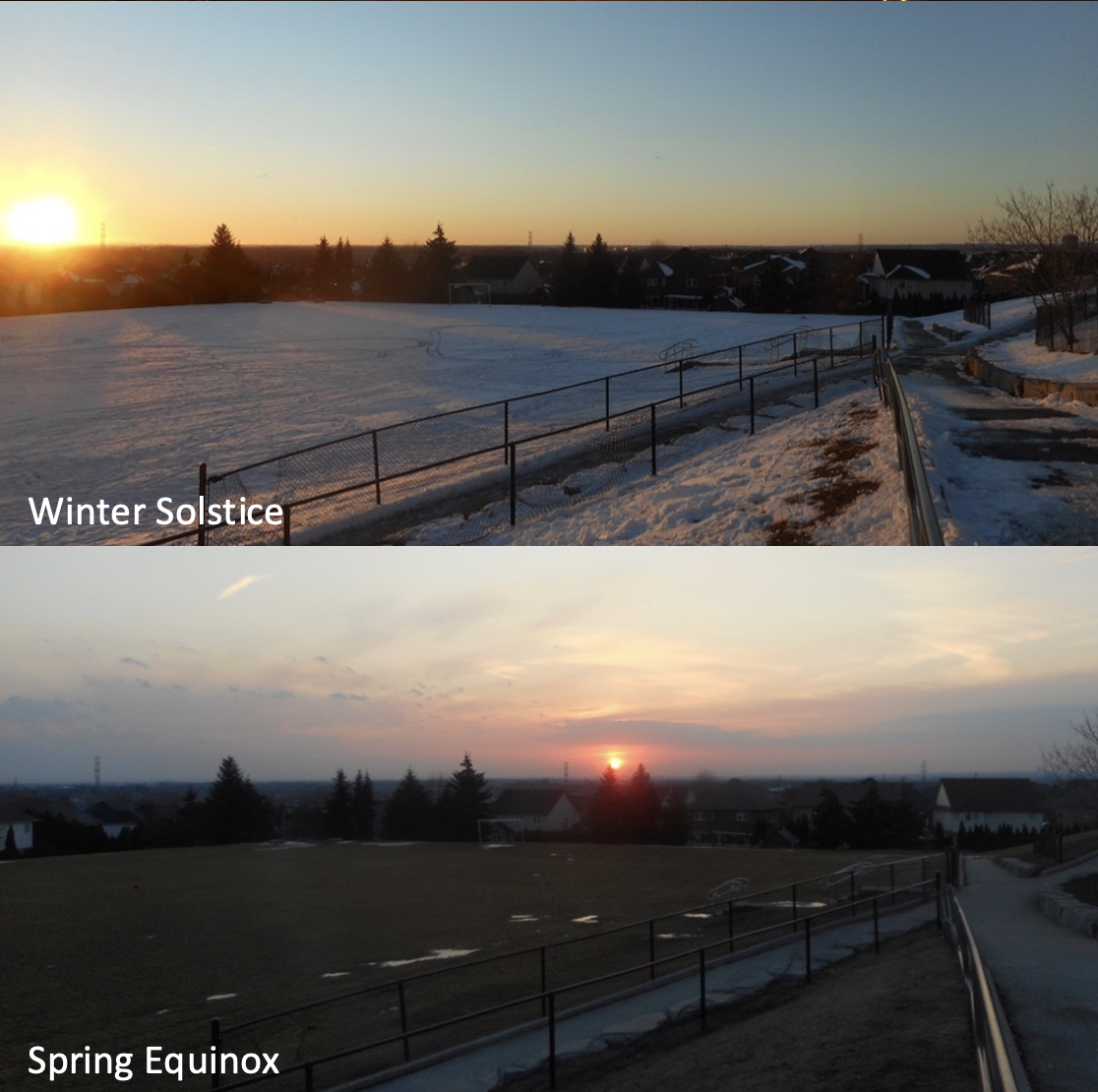I recently spent two thought-provoking days at the Ontario Mathematics Co-ordinators Association's annual conference. The theme was on how we can explore mathematics through Indigenous knowledge systems and our two featured speakers were Isaac Murdoch and Jodie Williams. As often is the case with these conferences, I left with a head overfull of new ideas and thoughts that I needed to order and condense so that I might have a better chance to actually incorporate my new learning. Three things in particular stood out for me:
Whether it was the Egyptians who needed to develop ways of measuring the agriculturally-rich land around the Nile fairly or the Polynesians who learned incredibly sophisticated ways of measuring astral movements and using these to navigate thousands of miles across the Pacific Ocean, so many areas of math originated from a need to understand the world around us. Isaac is a great story-teller and as I listened to his many experiences of learning off the land (navigating his way out of the bush, thinking for a long time about how he was to go about building a birchbark canoe, using the stars of the Plough to help in the design of a lodge), something suddenly dawned on me:
The land is a perfect place to develop and nurture curiosity. And curiosity (which I would think is a transferrable skill) is essential to mathematics.
When we immerse ourselves in the land, we begin to notice and wonder:
- why does moss tend to grow on one side of trees?
- why do the branches of some trees grow longer on one side?
- why do certain plants flourish on one side of my garden and not the other?
- is it true that the sun always sets in the west?
All these noticings and wonderings are a precursor to a desire to understand different relationships, or to help see patterns. These are important mathematical traits.
2) The Importance of Physical Objects
Isaac also shared the importance of story-telling and how certain physical objects are used as a powerful aide-memoire. For example, the beads that were intricately arranged to form a necklace also revealed a family tree. Similarly the carvings on Isaac's memory stick each had immense significance such that you could sense the memories flowing through him as he held it.
It got me thinking about the tactile nature of such objects and how these are an essential part of learning and understanding math. I have written many times about the importance of the Concrete-Diagrammatic-Symbolic continuum and how often in math, we do our students a disservice if we jump to symbolic without giving them enough concrete or diagrammatic experience. This was most recently made clear when I saw students make good use of algebra tiles to multiply binomials.
I wonder how much students have missed out on these concrete experiences (especially in Math) when they were learning online and how much they would benefit from it now.
3) The Importance of Incorporating Indigenous Knowledge Systems into our Pedagogy
One of the important changes to the new Grade 9 de-streamed math course is the inclusion of how math has historically developed across all cultures. Representation matters, and if our students can see how their culture helped in the development of Math, then they will be more likely to see themselves as mathematicians. Jodie explained how Indigenous knowledge systems are not about learning different math, but rethinking the way that we explore and demonstrate an understanding of the concepts: it's not what we teach but how we teach. In terms of re-thinking our pedagogy, Jodie encouraged us to think about how to make things more experiential. We could:
i) Start with an experience of doing
ii) Encourage students to share their learning as they experience the 'doing'
iii) Once students have become familiar with the experience, then teachers can bring in the math.
In many ways, I see similarities between these ideas and those of Peter Liljedahl's Thinking Classrooms. As such, I think that there are many math teachers here in Ontario who are walking down this path already. I also think that when we create lessons where, for example, we nudge students into developing a measurement formula, then we are also aligning with this pedagogy. My own personal experience is that this always leads to better learning.
I am grateful to OMCA for arranging this conference and to Isaac and Jodie for sharing their wisdom.




No comments:
Post a Comment